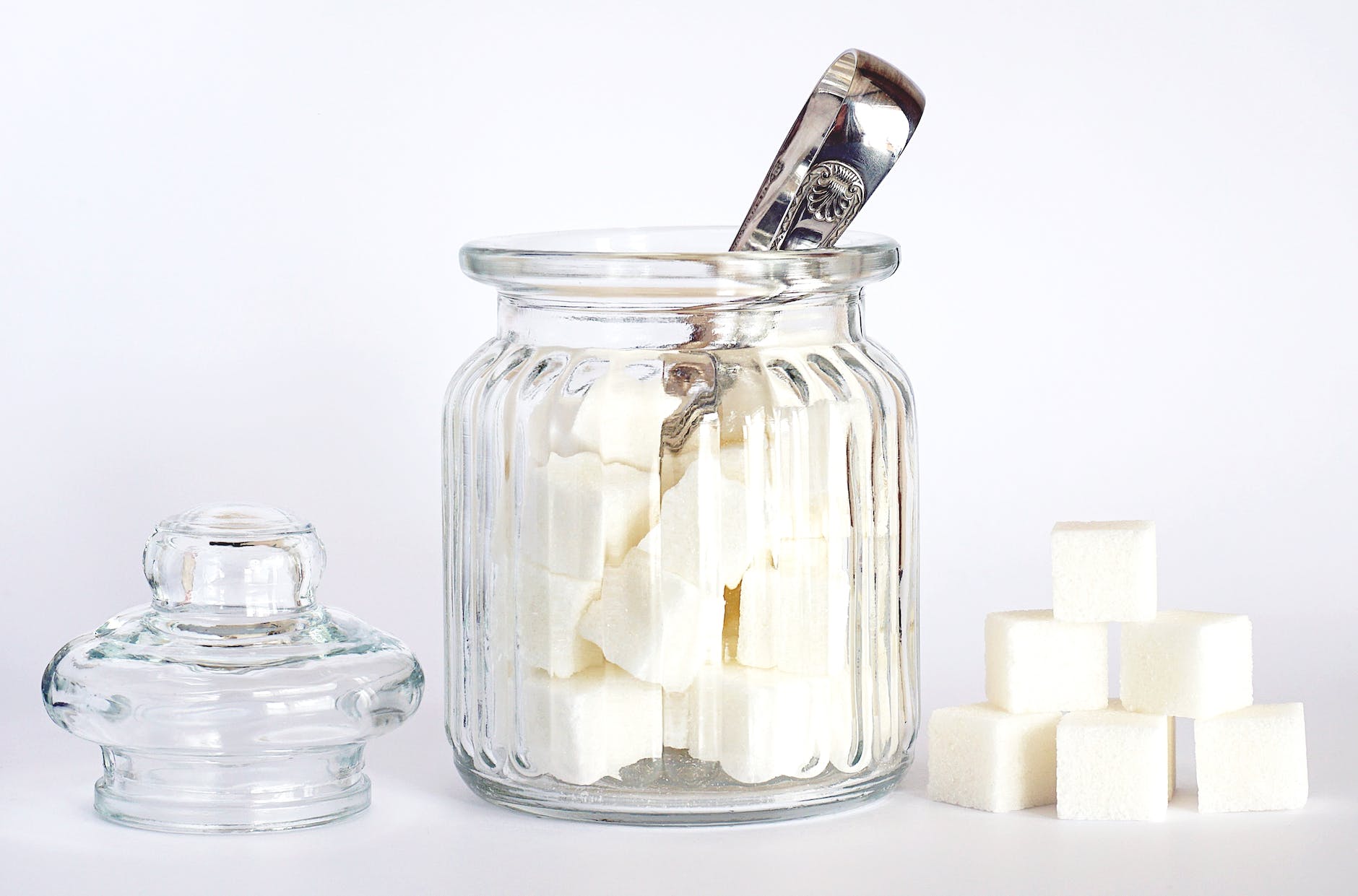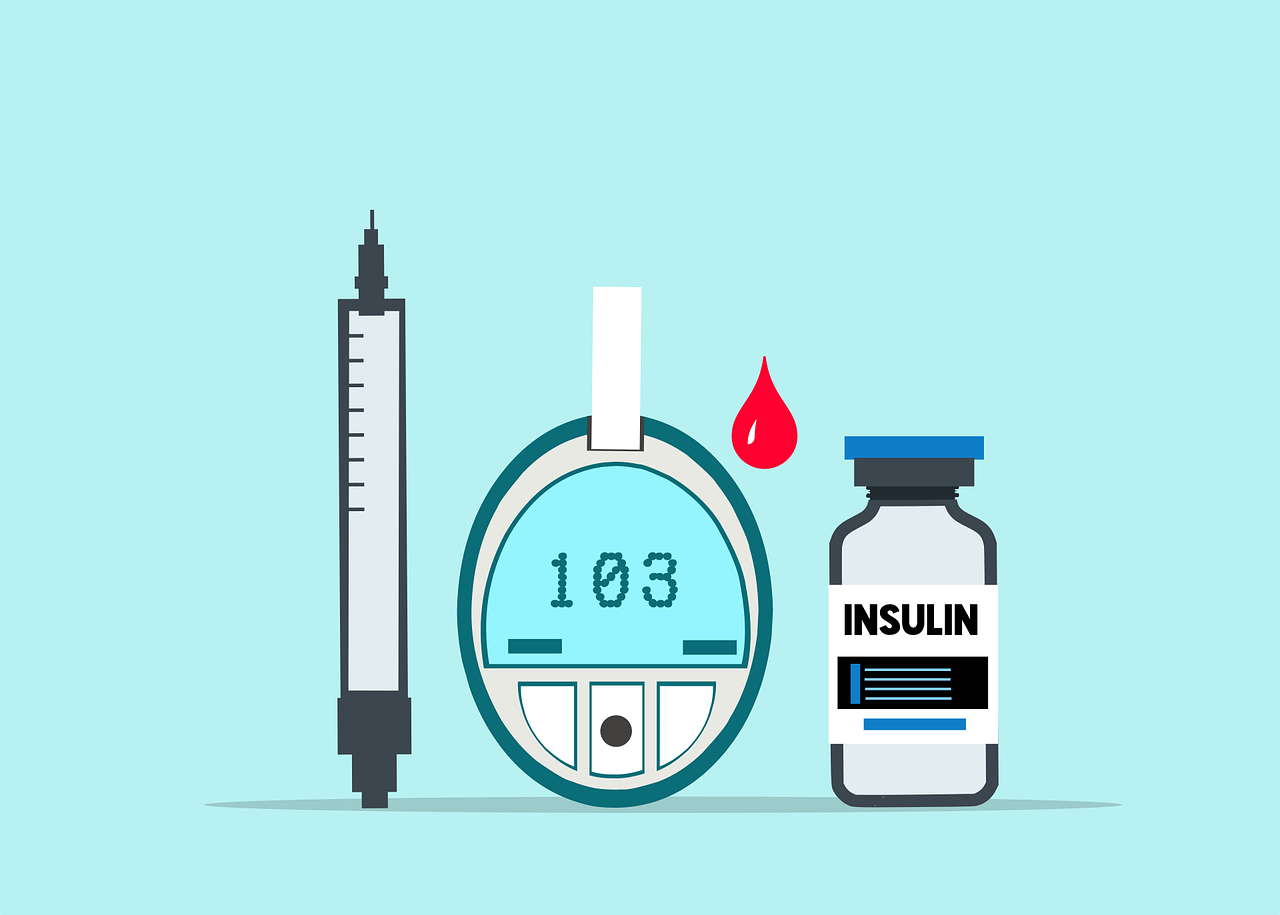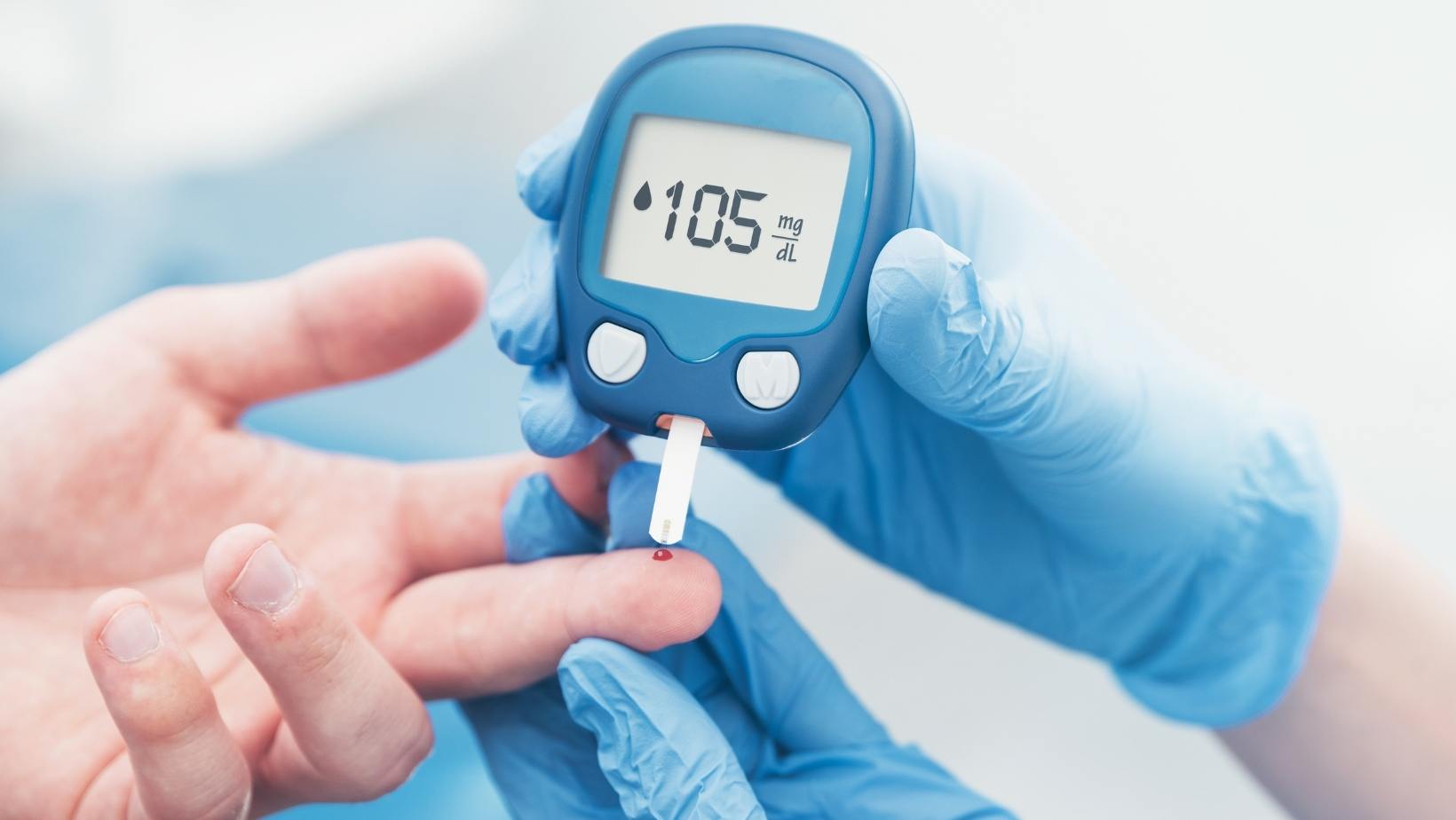
Introduction:
The search for the perfect sugar substitute has led to the discovery and development of various sweeteners. Among them, Stevia Leaf Extract and Aspartame stand out as popular choices. But how do they compare? This article delves into the intricacies of these two sweeteners, offering a comprehensive understanding of their characteristics and potential impacts on health.
Origins and Production:
The journey from source to table for these sweeteners is distinct, each with its unique story.
Stevia Leaf Extract:
Derived from the Stevia rebaudiana plant, the Stevia Leaf Extract is a natural sweetener. The leaves of this plant, native to South America, are processed to extract the sweet compounds known as steviol glycosides. This extraction process ensures that the end product retains the sweetness of the stevia leaf without the accompanying bitterness.
Aspartame:
On the other hand, Aspartame is a man-made sweetener. It’s synthesized from two amino acids: aspartic acid and phenylalanine. Since its discovery in 1965, it has become a staple in many diet sodas and sugar-free products.
Sweetness and Caloric Content:
Both sweeteners are known for their potent sweetness, but they have different caloric implications.
Stevia Leaf Extract:
Stevia Leaf Extract can be up to 300 times sweeter than regular sugar. Despite its intense sweetness, it contributes zero calories, making it an excellent choice for those watching their caloric intake.
Aspartame:
Aspartame, while incredibly sweet (around 200 times sweeter than sugar), does contain calories. However, because of the tiny amounts used in products, its caloric contribution is almost negligible.
Health Implications:
The health aspects of any sweetener are paramount. Here’s what current research says about Stevia Leaf Extract and Aspartame.
Stevia Leaf Extract:
Being plant-based, Stevia Leaf Extract is often seen as a natural and healthier alternative. It doesn’t impact blood sugar levels significantly, making it suitable for diabetics. Some studies also suggest potential health benefits, such as anti-inflammatory properties.
Aspartame:
Aspartame has been the subject of numerous studies and debates regarding its safety. While some early studies raised concerns about potential health risks, subsequent research and reviews by health organizations have deemed it safe for general consumption. However, it’s essential to note that individuals with phenylketonuria (PKU) should avoid aspartame.
Taste and Culinary Use:
The taste profile and culinary applications of these sweeteners can influence preference.
Stevia Leaf Extract:
Stevia Leaf Extract offers a sweet taste with a slight licorice undertone in some products. It’s heat-stable, making it suitable for cooking and baking.
Aspartame:
Aspartame provides a clean, sweet taste but can break down when exposed to high heat, making it less ideal for some cooking applications.
FAQs:
- What is the primary source of Stevia Leaf Extract?
- Stevia Leaf Extract is derived from the leaves of the Stevia rebaudiana plant, which is native to South America.
- How is Aspartame produced?
- Aspartame is a synthetic sweetener synthesized from two amino acids: aspartic acid and phenylalanine.
- Which sweetener is more suitable for diabetics?
- Stevia Leaf Extract doesn’t significantly impact blood sugar levels, making it a preferred choice for many diabetics. However, it’s always essential to consult with a healthcare professional before making dietary changes.
- Are there any health concerns associated with Aspartame?
- While early studies raised some concerns about Aspartame, subsequent research and reviews by health organizations have deemed it safe for general consumption. However, individuals with phenylketonuria (PKU) should avoid it.
- Can I use both sweeteners for baking?
- Stevia Leaf Extract is heat-stable, making it suitable for baking. Aspartame, on the other hand, can break down when exposed to high heat, so it’s less ideal for some cooking applications.
- Do either of these sweeteners have an aftertaste?
- Some individuals might detect a slight licorice undertone with Stevia Leaf Extract, while Aspartame offers a clean, sweet taste.
- Which sweetener is more natural?
- Stevia Leaf Extract is a natural sweetener derived from a plant, whereas Aspartame is man-made.
- How do the calorie contents of these sweeteners compare?
- Stevia Leaf Extract contributes zero calories, while Aspartame does contain calories. However, due to the tiny amounts used in products, Aspartame’s caloric contribution is almost negligible.
Conclusion:
Choosing between Stevia Leaf Extract and Aspartame boils down to personal preferences, dietary needs, and specific applications. By understanding the nuances of these sweeteners, consumers can make informed decisions that align with their health goals and culinary adventures.
Blog Tags: Stevia Leaf Extract, Aspartame, Sugar Alternatives, Natural Sweeteners, Synthetic Sweeteners, Diabetic-Friendly, Baking with Sweeteners, Health Implications, Caloric Content, Sweetener Comparison.













